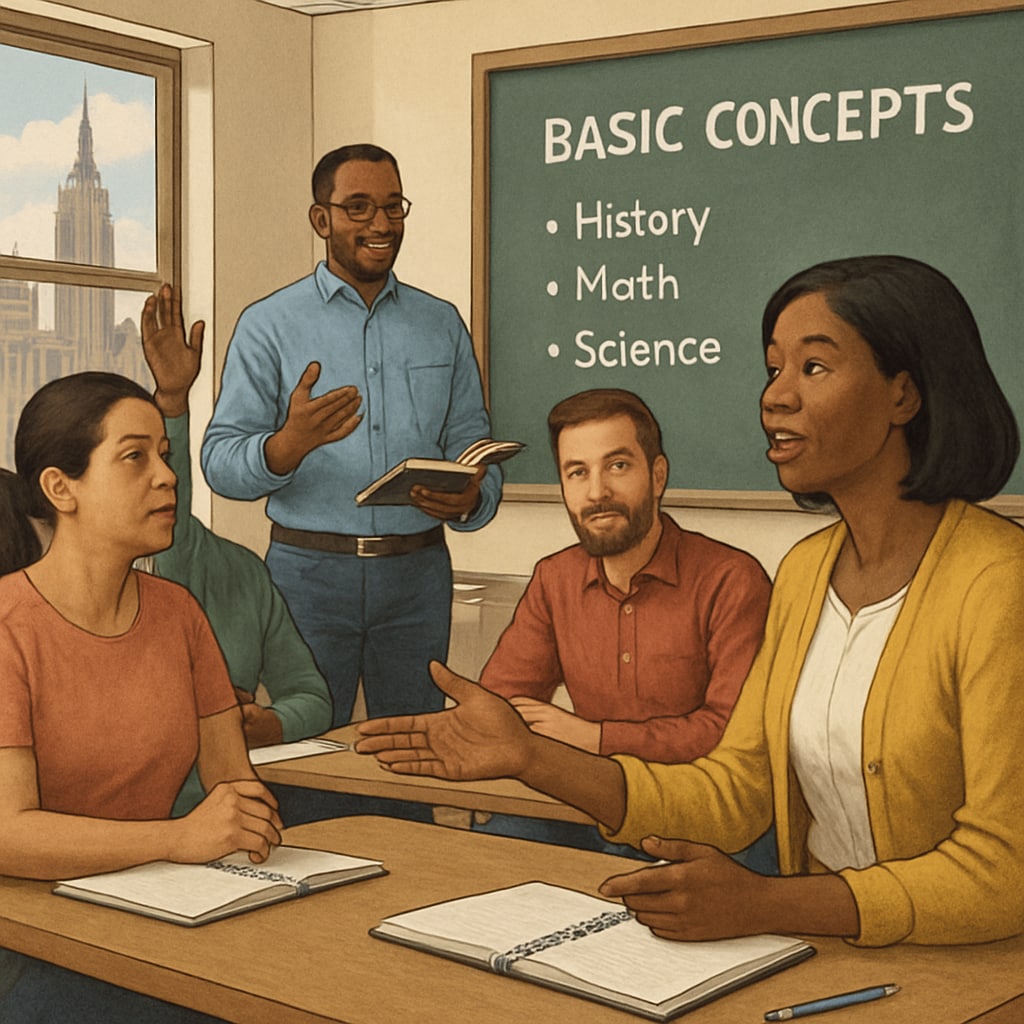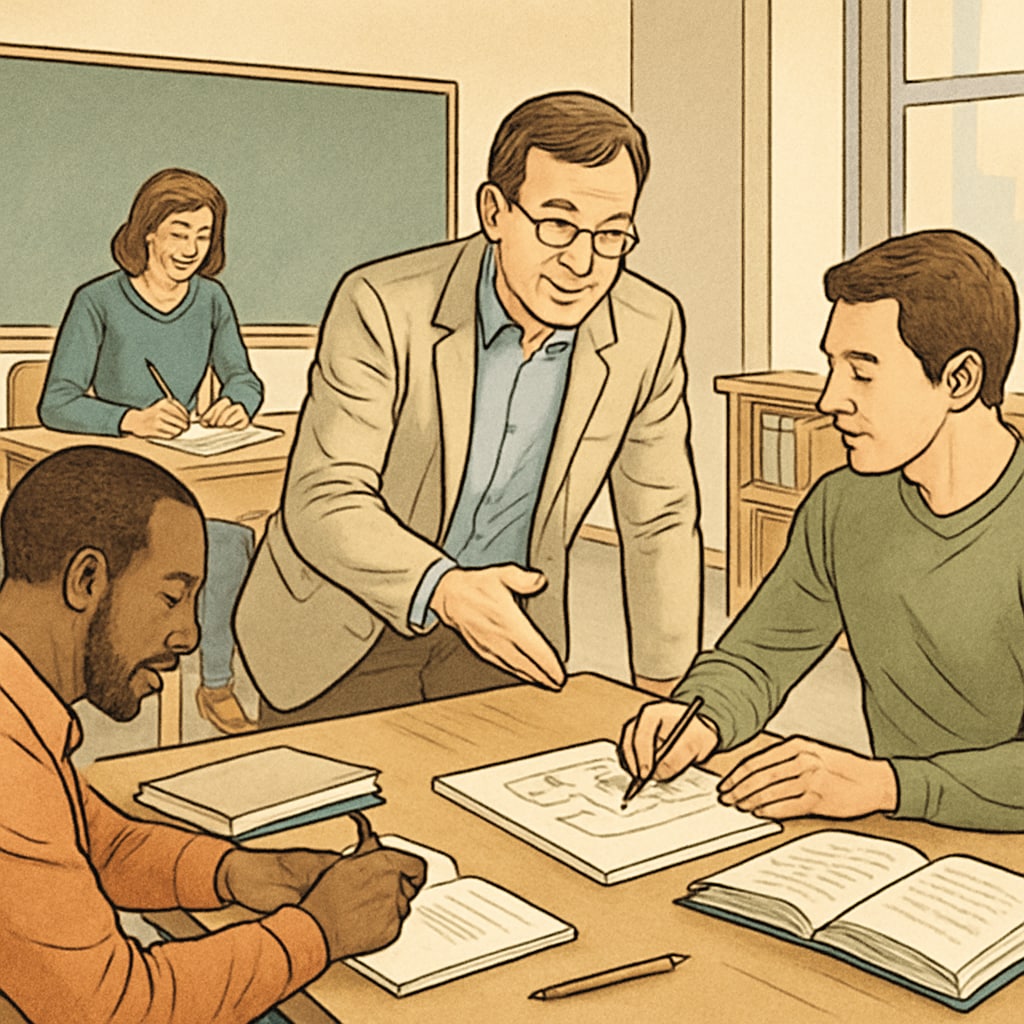For foreign adult learners, adapting to Western education systems can be a daunting challenge. The gaps in foundational knowledge, combined with cultural adjustment, often create barriers to academic success. Identifying non-degree courses that provide essential academic support can make a significant difference for these students. In New York, there are numerous opportunities to bridge these gaps and help learners build a strong foundation for their academic and cultural journey.
Understanding the Need for Foundational Knowledge and Cultural Adaptation
Entering a Western educational environment, many foreign students encounter unfamiliar teaching methods, assessment styles, and academic expectations. Foundational knowledge, which includes basic concepts in disciplines like mathematics, science, and humanities, is often assumed by instructors. However, not all adult learners have had the same educational background, leaving them struggling to keep pace. For example, a student might excel in their home country’s educational system but find it difficult to adapt to the participatory learning style prevalent in Western classrooms.
This gap is compounded by cultural differences. Social norms, academic integrity standards, and communication styles can differ significantly, making it hard for students to feel fully integrated. As a result, tailored non-degree programs that address both academic and cultural needs are essential.

Exploring Non-Degree Programs: A Pathway to Success
New York City is a hub for education, offering a wide array of non-degree programs aimed at adult learners. These courses are designed to provide targeted support without the commitment of a full academic degree. Here are some options to consider:
- Community Colleges: Institutions like LaGuardia Community College offer affordable, flexible courses covering topics such as academic writing, basic mathematics, and cultural studies.
- Non-Profit Organizations: Organizations like the International Center of New York provide workshops and classes focusing on cultural adaptation and foundational academic skills.
- Online Platforms: Websites like Coursera and Khan Academy offer free or low-cost courses that can supplement in-person learning.
These programs provide an excellent opportunity to build foundational knowledge while also fostering cultural understanding. They also allow students to form connections with peers who share similar challenges, creating a supportive learning community.

Tips for Finding the Right Program
Choosing the right course can feel overwhelming, especially in a city as vast as New York. Here are some practical tips to help:
- Assess Your Needs: Identify the specific areas where you need support, whether it’s academic writing, public speaking, or cultural adaptation.
- Research Credentials: Ensure the program is offered by a reputable institution or organization with qualified instructors.
- Consider Flexibility: Look for programs that accommodate your schedule, especially if you are balancing studies with work or family responsibilities.
- Seek Reviews: Online forums and student reviews can provide valuable insights into the quality of the program.
By investing time in finding the right resources, foreign adult learners can significantly enhance their academic journey and cultural experience.
The Long-Term Impact of Foundational Courses
Enrolling in non-degree foundational courses is more than a stopgap solution; it is an investment in long-term success. These programs not only prepare students for academic challenges but also equip them with critical thinking, communication, and cultural skills that are valuable in the professional world. As a result, learners can approach their studies with confidence, fully engaging with the opportunities that a Western education offers.
In conclusion, adult education, cultural adaptation, and foundational knowledge are interconnected components of a successful academic experience for foreign learners. With the right support, these students can thrive in their new environment, building bridges to academic and professional success.
Readability guidance: This article uses short paragraphs, active voice, and simple language to ensure clarity. Lists and transition words enhance readability, making the content accessible and engaging.


